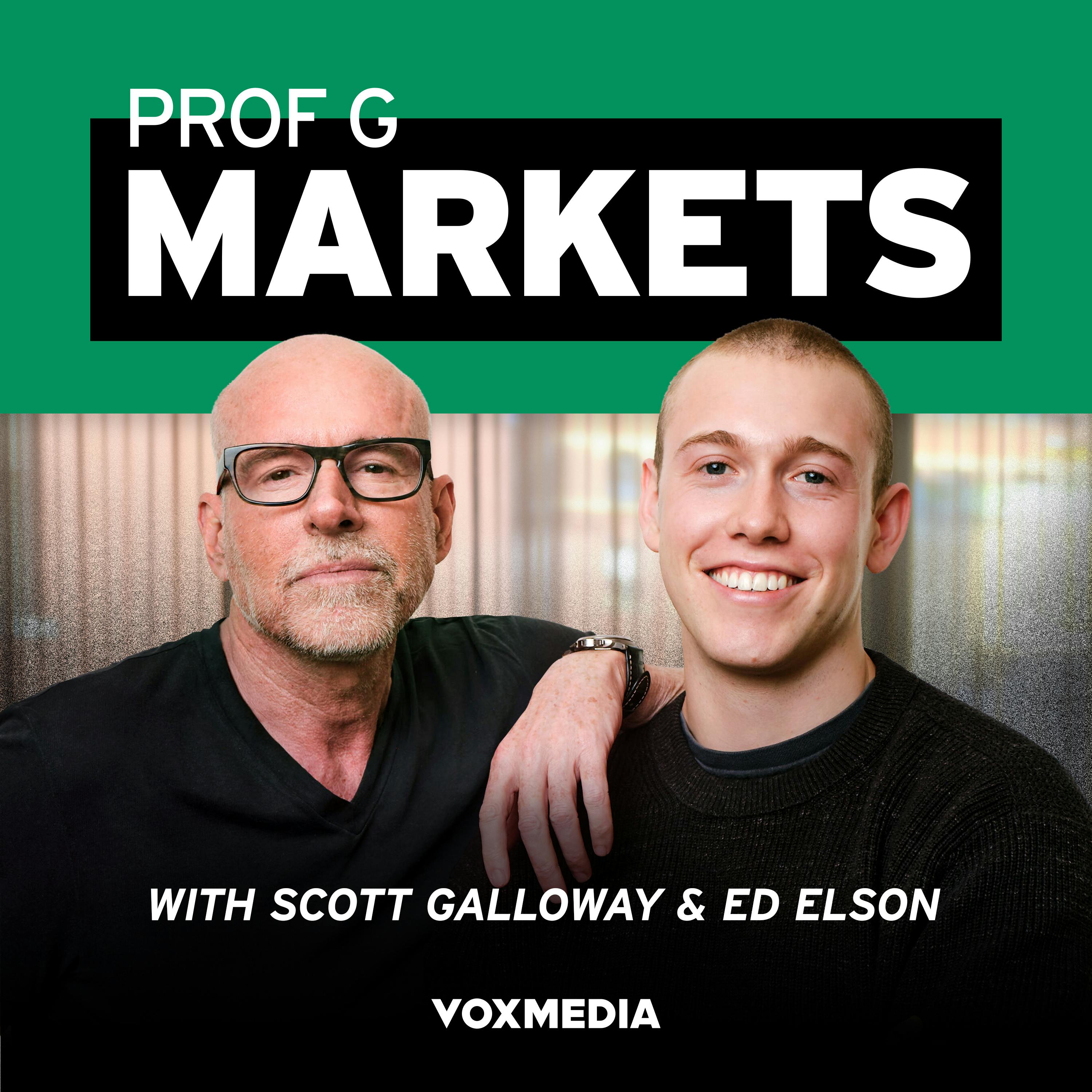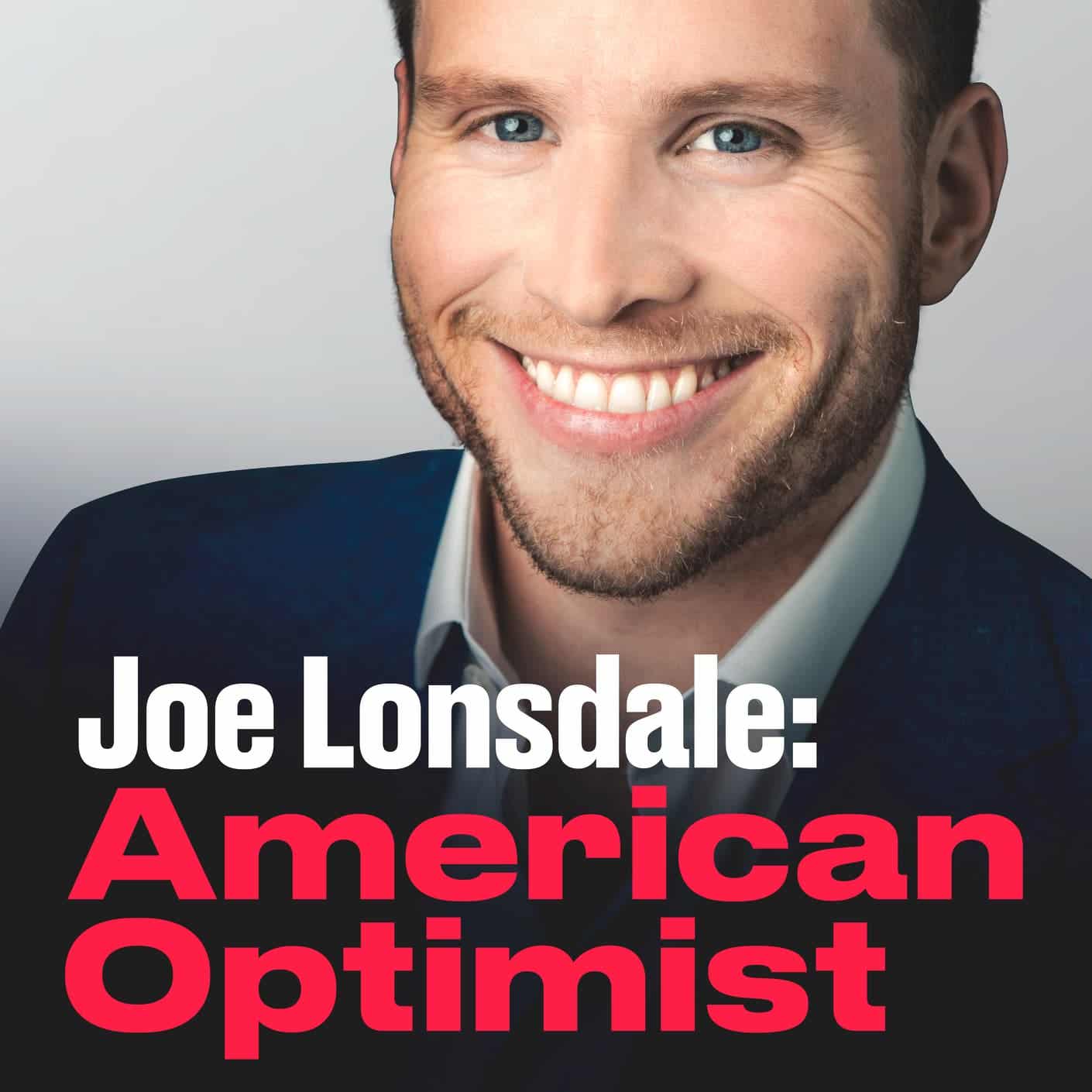PortalsOS
Related Posts
Vote to see vote counts

Running a public company involves dealing with amplified scrutiny compared to a private company, where issues are discussed privately with VCs rather than publicly on platforms like Reddit or in the Wall Street Journal.

Private equity is becoming increasingly large, but there are concerns about its impact on society if great companies remain private and inaccessible to public investors.

In 2022, we launched the Sequoia Capital Fund to keep shares of companies that have the ability to compound longer term. This decision led to $6.7 billion in gains that our LPs would not have seen otherwise.

Apple's current shareholder base, focused on dividends, might resist changes, but a shift towards innovation could double the company's value.

The ROI on current investments isn't looking great, yet there's still a lot of capital to go around. The dot-com build-out lasted less than five years, and it's unclear how long this can continue without returns.

Founders who persist and learn from failures are more likely to succeed in business.

The IPO market in 2025 is seeing a trend where impressive companies stay private, while less impressive ones go public, similar to the SPAC trend.

In 2019, the Business Roundtable signed the stakeholder capitalism thing, but four companies didn't sign it, and I invested in those. They all did really well!

Over 80% of the stock market gains in 2025 are from a few AI-related companies. This is not a sustainable economic model, as these companies are essentially trading among themselves.
Sequoia-backed companies account for over 30% of the total value of the NASDAQ. Companies like Apple, NVIDIA, and Cisco were private investments when they were little.